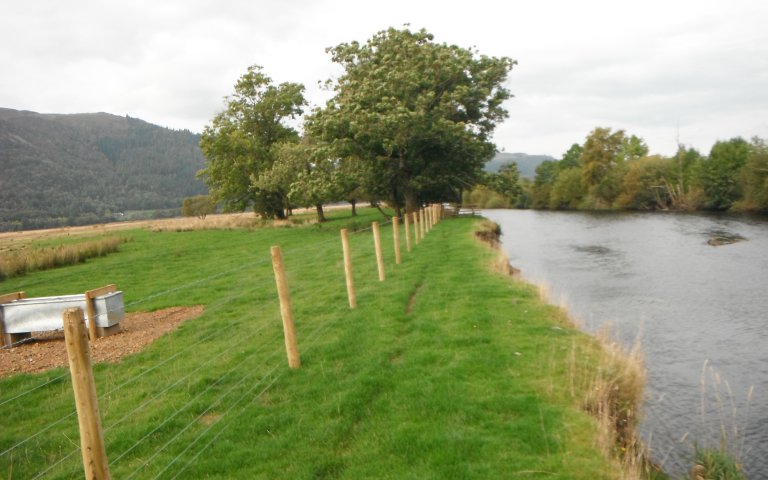
When investing in real estate in Kenya, here's how to avoid purchasing land in riparian regions
To begin with a number of Kenyan have been victims of purchasing land in riparian regions when investing in real estate in Kenya. Riparian land is defined as land that is a minimum of 6 meters and up to a maximum of 30 meters on either side of a river bank from the highest water mark. Whether you are investing in a residential or commercial land for sale in Kenya, here’s how to avoid purchasing land in riparian regions.
Buy land that has been thoroughly surveyed and demarcated. You can visit a local surveyor who can issue a survey map of the area and help you identify the exact location and the size of the property. This map will help you identify the existence of any rivers next to your potential investment. Take time to ask questions to your investment company, genuine companies will give the platform to raise any concern you have and respond through the company lawyer, once convinced that the property is clean go ahead and purchase.
The details of every property in Kenya is in the Lands Registry. Title deed search in Kenya is now available online. You only need to open an e-citizen account and fill in the title deed search form is free of charge. You visit the Land Registry fill in a search form, attach copies of your KRA PIN, ID and a copy of the title deed you are conducting a search on. This process takes a single working day and it will establish whether the property you are interested in purchasing is in any riparian region.
There are some investors who purchase pieces of land and never visit them. Take time off the weekend and view your property on regular basis. This will keep you up to date with the upcoming projects in the area around your investment. You may visit the property in rainy and dry seasons and discover if there exists any seasonal river. This way you will be better equipped on what to expect when you finally develop your property. This will save you the frustration of losing your hard earned money after demolition.
When investing in real estate in Kenya, here's how to avoid purchasing land in riparian regions
To begin with a number of Kenyan have been victims of purchasing land in riparian regions when investing in real estate in Kenya. Riparian land is defined as land that is a minimum of 6 meters and up to a maximum of 30 meters on either side of a river bank from the highest water mark. Whether you are investing in a residential or commercial land for sale in Kenya, here’s how to avoid purchasing land in riparian regions.
Buy land that has been thoroughly surveyed and demarcated. You can visit a local surveyor who can issue a survey map of the area and help you identify the exact location and the size of the property. This map will help you identify the existence of any rivers next to your potential investment. Take time to ask questions to your investment company, genuine companies will give the platform to raise any concern you have and respond through the company lawyer, once convinced that the property is clean go ahead and purchase.
The details of every property in Kenya is in the Lands Registry. Title deed search in Kenya is now available online. You only need to open an e-citizen account and fill in the title deed search form is free of charge. You visit the Land Registry fill in a search form, attach copies of your KRA PIN, ID and a copy of the title deed you are conducting a search on. This process takes a single working day and it will establish whether the property you are interested in purchasing is in any riparian region.
There are some investors who purchase pieces of land and never visit them. Take time off the weekend and view your property on regular basis. This will keep you up to date with the upcoming projects in the area around your investment. You may visit the property in rainy and dry seasons and discover if there exists any seasonal river. This way you will be better equipped on what to expect when you finally develop your property. This will save you the frustration of losing your hard earned money after demolition.